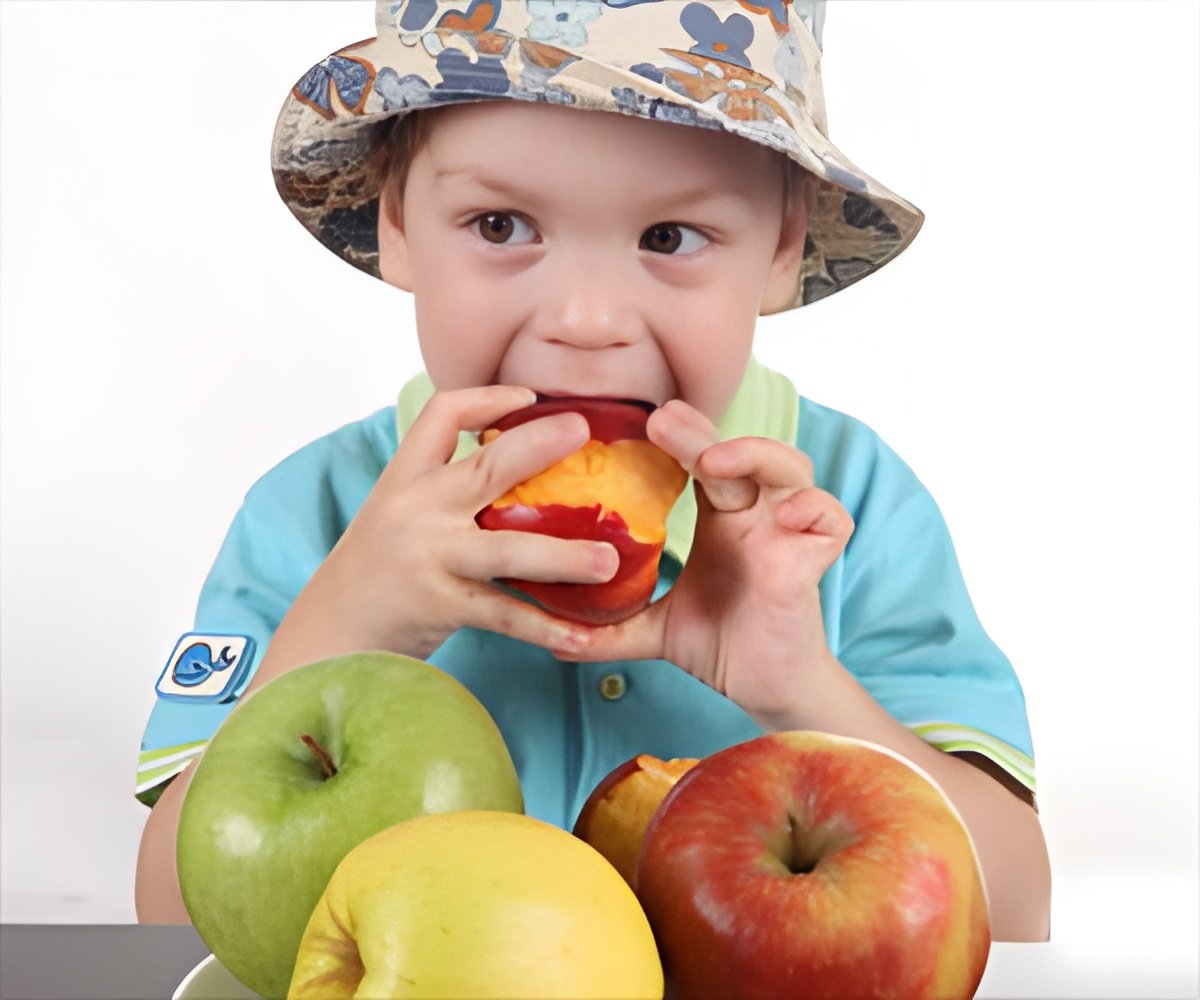Choice-based mobile food pantry program has the potential to reduce household food insecurity, improve diet quality, and tackle obesity among children.

Despite calls to integrate routine screening of household food insecurity in clinical practice, feasible and effective clinical interventions to address household food insecurity for population health management are limited.
The new study found that a Food FARMacia program, mobile food pantry that allowed parents to choose their selection of free and healthy foods was associated with reduced food insecurity in families and had a measurable impact on children’s health by reducing childhood obesity risk factors.
TOP INSIGHT
Providing fresh and healthy foods through a mobile food pantry protects against childhood obesity in households with food insecurity.
Food Stamps are Not Enough to Handle Food Insecurity
Pediatricians often refer parents of families experiencing food insecurity to government nutrition programs (aka “food stamps”), which do help. But enrollment requirements and red tape mean many families can be dropped from the programs. And rising food costs reduce the value of benefits for those who do receive them.To address the issue, hospitals, and healthcare organizations have created a variety of new programs that connect families to resources, provide education about healthy food, or provide food or food vouchers to families in need. Hence, it is important to evaluate programs that will help find the most effective interventions.
Food FARMacia Reduces Child Obesity
The new study examined Food FARMacia, a mobile food pantry program for patients experiencing food insecurity. Food FARMacia was established by the Choosing Healthy Active Lifestyles for Kids (CHALK) program, a collaboration between NewYork-Presbyterian and the Department of Pediatrics at Columbia University College of Physicians and Surgeons in partnership with West Side Campaign Against Hunger (WSCAH).During the study period, eligible families could visit the mobile food pantries twice a month and receive a variety of fresh and healthy foods, including fruit, vegetables, beans, and whole grains. The researchers compared childhood obesity measures in families who participated in the Food FARMacia program with similar families who did not.
After just six months, Food FARMacia families were already seeing benefits: childhood obesity outcomes declined by a clinically significant amount and household food security improved. Children with obesity by that age are more likely to have obesity throughout childhood and into adulthood.
Why Food FARMacia Works for Obesity and Food Insecurity
The Food FARMacia program differs from most other food-insecurity programs by providing a large amount of fresh food—free—for the entire household. It also simultaneously lifts two barriers to accessing healthy food: lack of access in the neighborhoods where many food-insecure people live and high cost.There is still a gap in understanding the relationship between food insecurity and health outcomes. By providing food to the whole family, Food FARMacia may have a positive effect by impacting all these factors at once.
Source-Eurekalert
 MEDINDIA
MEDINDIA




 Email
Email










